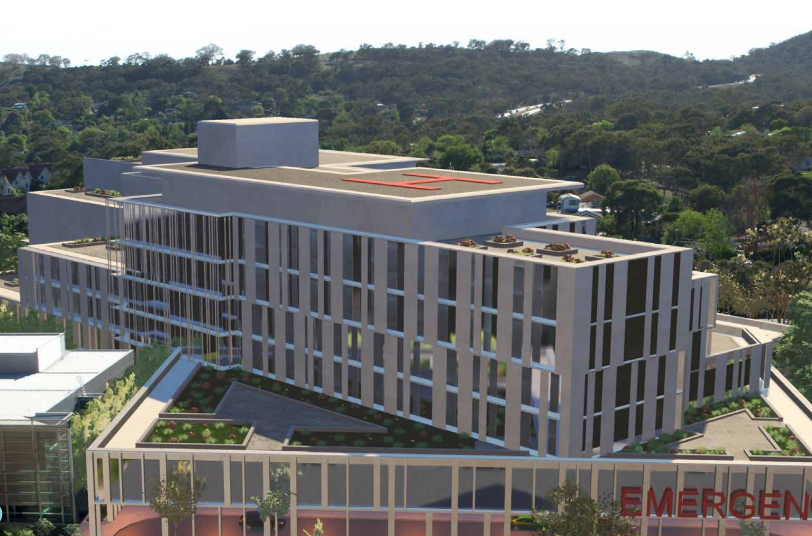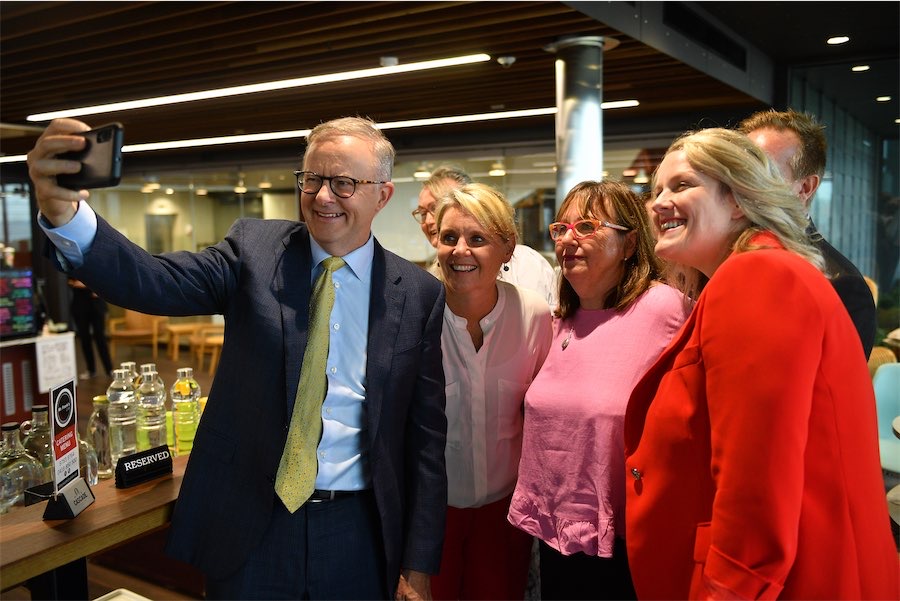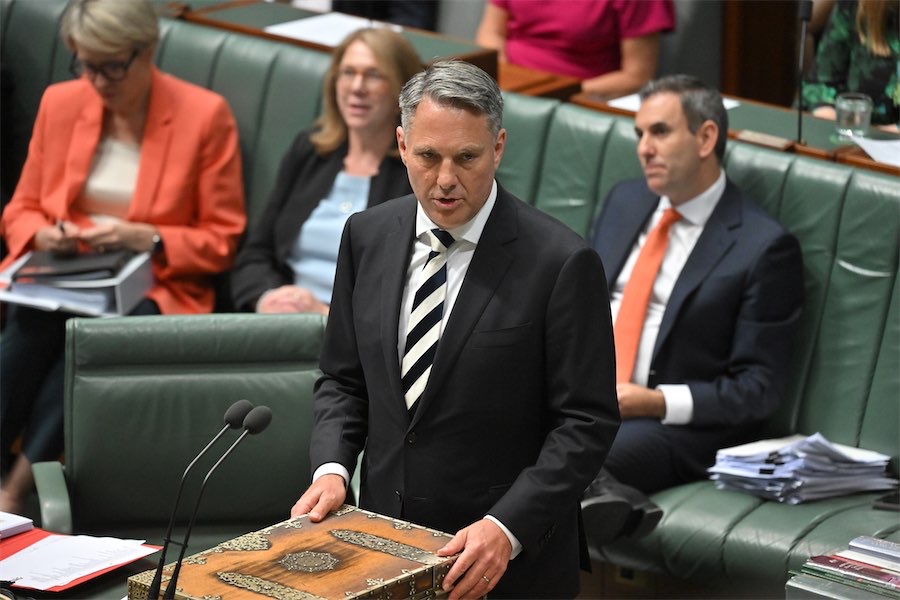
“The hospital construction did not start in this term of office. Now Labor is running it again as an election commitment, asking voters to trust them to ‘commence in 2021 and be completed in 2024’. Can they really be trusted to deliver in the next term?” writes political columnist MICHAEL MOORE.
WHO can I trust? This is the real test for the coming ACT election.
Casting a vote, in theory, ought to be about weighing up the policy options put forward by candidates and selecting the candidates who will deliver in alignment with your own philosophies and interests.
However, there are too many examples of parties and politicians simply failing to deliver on their promises. Not to mention the examples of rorts, on favouritism and cronyism. As ACT voters go to the polls for the October election there are some hard choices to be made.
Trust in politicians to act in the “interests of the people” and to deliver on their promises is at an all-time low. In late 2019 a survey of Australians conducted by ANU professor Ian McAllister identified a downward slide in trust of politicians since 2007.
He identified “a little over one-in-10 Australians, 12 per cent, believe the government is run for “all the people”. In contrast more than half, 56 per cent, say the government is run for a “few big interests”.
Trust is not to be confused with difference of opinion. When the convictions of politicians are understood, sensible decisions can be made to support or not support. Unfortunately, politicians of conviction seem to be becoming rarer.
Regrettably, most prominent are those of the hard right whose convictions oppose gay marriage, are against women’s right to choose and who are standing against the right to die with dignity. Vehement disagreement ought not to be confused with lack of trust.
On the flip side are those whose convictions support a healthier, more sustainable society. The UN Sustainable Development Goals provide a platform for action for a raft of politicians of conviction to deliver on the goals by 2030. However, complacency and lip service confound voters’ trust on these commitments.
The failure to deliver effectively on the commitment for an anti-corruption and integrity commission bodes ill for the ACT.
Four years beyond the commitments of all parties, the ACT Integrity Commission has been established – but, as outlined in this column on August 6, not soon enough to report before the October election. Deploying delaying tactics has undermined voters’ trust that any form of corruption, lack of integrity or embarrassment would be exposed within the current term.
Labor promised major hospital refurbishments at the last election. The “SPIRE” project was to provide “a bigger, better Canberra Hospital to meet the needs of our growing city and region”.
In 2016, then Labor Health Minister, Meegan Fitzharris, outlined as part of her key ministerial priorities: “When it comes to health infrastructure, this government’s most significant investment will be the construction of the Surgical Procedures, Interventional Radiology and Emergency, or SPIRE, Centre”.
The hospital construction did not start in this term of office. Now Labor is running it again as an election commitment. They are asking voters to trust them to “commence in 2021 and be completed in 2024”. A previous election promise has slipped through to this coming election. Can they really be trusted to deliver in the next term?
A more transparent government has been a long-term promise. After nearly two decades of Labor in government, “CityNews” and other media outlets have questioned again and again the transparency of planning decisions.
The most fundamental issue of trust is the state of the ACT finances. The actions of the federal government have not been helpful for the Canberra Liberals. The problem is that federal Liberals and their coalition partners have, with the advent of COVID-19, put aside their ideology and taken on major debt to look after health and support the economy.
The downside for the local Canberra Liberals going into an election is that these actions reflect just how empty their campaigns have been for bringing the country and the ACT back to surplus. Federally, there are now arguments that it does not really matter as interest rates are so low.
ACT finances are different – but the fundamental question remains as to who can be trusted with the money. Who can be trusted with government and how can they be held accountable?
Michael Moore is a former member of the ACT Legislative Assembly and an independent minister for health. He has been a political columnist with “CityNews” since 2006.
Who can be trusted?
In a world of spin and confusion, there’s never been a more important time to support independent journalism in Canberra.
If you trust our work online and want to enforce the power of independent voices, I invite you to make a small contribution.
Every dollar of support is invested back into our journalism to help keep citynews.com.au strong and free.
Thank you,
Ian Meikle, editor





Leave a Reply